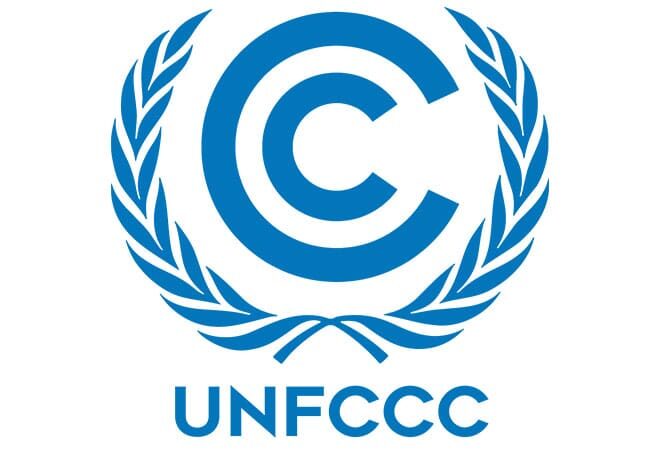Financial flows to Nigeria and other developing countries for clean energy reached $21.57 billion, up from $12.14 billion in 2015, but remain concentrated in a few countries.
Universal access by 2030 requires not only the deployment of technology but also the equitable distribution of capital and capacity, according to a new report.
The United Nations Framework Convention on Climate Change (UNFCCC) revealed that global financial flows to developing countries, including Nigeria, for clean energy projects have surged to $21.57 billion.
The newly released Yearbook of Global Climate Action 2025, titled “Marrakech Partnership for Global Climate Action”, revealed a sharp rise from $12.14 billion in 2015, signalling growing investor confidence in renewable energy and sustainable infrastructure projects across the Global South.
However, the UNFCCC warned that despite this progress, funding remains unevenly distributed, with a concentration of investments in only a handful of countries, leaving many developing nations struggling to access climate finance and clean technologies.
“Financial flows to developing countries for clean energy reached $21.57 billion, up from $12.14 billion in 2015, but remain concentrated in a few countries,” the UNFCCC stated. “Universal access by 2030 requires not just technology deployment but equitable distribution of capital and capacity.”
One of the key highlights of the report was the revelation that clean energy investment has now surpassed fossil fuel spending by a ratio of 10:1, a dramatic fivefold jump from 2:1 in 2015.
“Transitioning away from fossil fuels in a just, orderly and equitable manner represents the most transformative challenge,” the UNFCCC noted. “Clean energy to fossil fuel investment reached 10:1 in 2024, showing renewables have evolved from subsidy-dependent to economically preferred.”
The report attributed this turnaround to the rapid decline in renewable energy costs, advances in electric mobility, and stronger investor appetite for low-carbon infrastructure.
Solar, wind, and battery storage projects now dominate clean energy portfolios across emerging markets, backed by blended finance schemes and sovereign green bonds.
The agency also noted that transportation electrification is gaining traction, particularly in African and Asian countries, including Nigeria, where governments are adopting electric vehicle (EV) and e-mobility policies to reduce fuel dependency and cut emissions in the transport sector.
“Transportation electrification and urban low-carbon infrastructure are advancing,” the report stated. “Hard-to-abate sectors are showing early progress in sustainable fuels and cleaner industrial production.”
The UNFCCC observed that universal energy access has improved significantly across developing regions, thanks to off-grid solar, mini-grid systems, and decentralised renewable solutions, which have brought electricity to millions of previously unserved homes.
However, the report cautioned that progress remains too slow to meet the 2030 universal access and net-zero targets, urging greater investment in energy efficiency, grid modernisation, and sustainable fuel production.
“The momentum is encouraging,” the UN body added, “but scaling up investments and ensuring equitable distribution remain critical to achieving a truly global clean energy transition.





